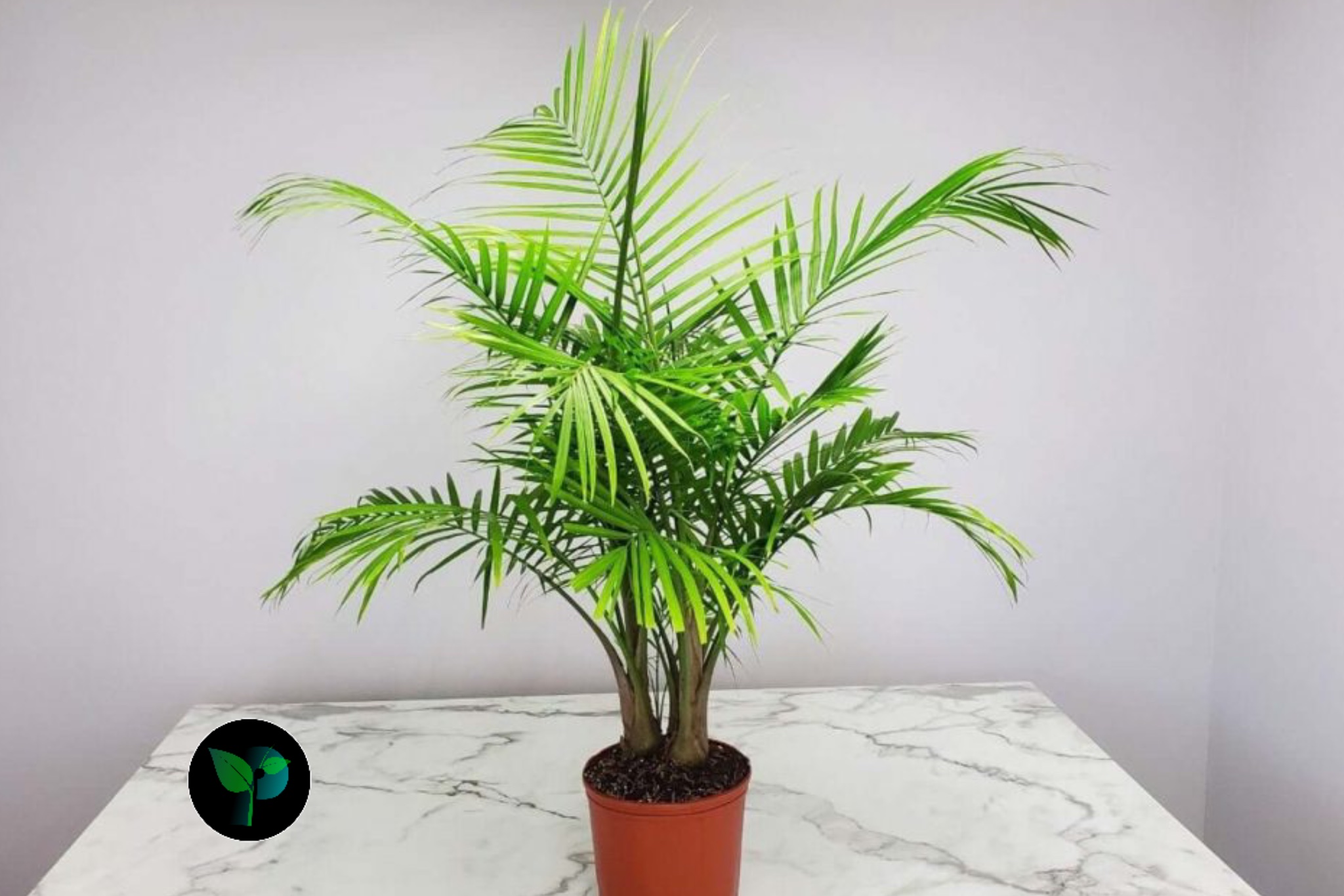Palm plants offer a wide range of benefits, both indoors and outdoors:
Ornamental Value: Palm trees and plants are highly prized for their lush, tropical appearance, adding an exotic touch to any space. They come in various shapes and sizes, from towering trees to compact indoor varieties, making them suitable for different environments.
Air Purification: Many palm species are known for their air-purifying abilities. They remove toxins, such as formaldehyde and benzene, from the air, improving indoor air quality.

Humidity Regulation: Palms help regulate humidity levels in the air. They release moisture through their leaves, creating a more humid environment, which can be beneficial in dry climates or during winter months.
Erosion Control: Palm trees with extensive root systems can help stabilize soil and prevent erosion, making them useful for landscaping in coastal areas or on slopes.
Food and Medicine:
• Some palm species produce edible fruits, such as dates, coconuts, and acai berries.
• Palm oil, derived from the fruit of oil palms, is widely used in cooking and various industries.
• Traditionally, different parts of palm trees have been used in traditional medicine for various ailments.
Cultural and Religious Significance:
• Palm trees hold cultural and religious significance in many societies. For example, they are symbols of victory, peace, and eternity in Christianity, and are used in celebrations like Palm Sunday.
Other Benefits:
• Privacy screens: Palm trees can provide privacy and shade when planted along property lines or around patios.
• Windbreaks: Palms with dense foliage can act as windbreaks, reducing wind speed and protecting other plants.
• Wildlife habitat: Palm trees provide shelter and food for various wildlife, including birds, mammals, and insects.
Overall, palm plants are versatile and beneficial additions to both indoor and outdoor spaces, offering aesthetic appeal, air purification, humidity regulation, and other practical and cultural benefits.



Leave a Reply